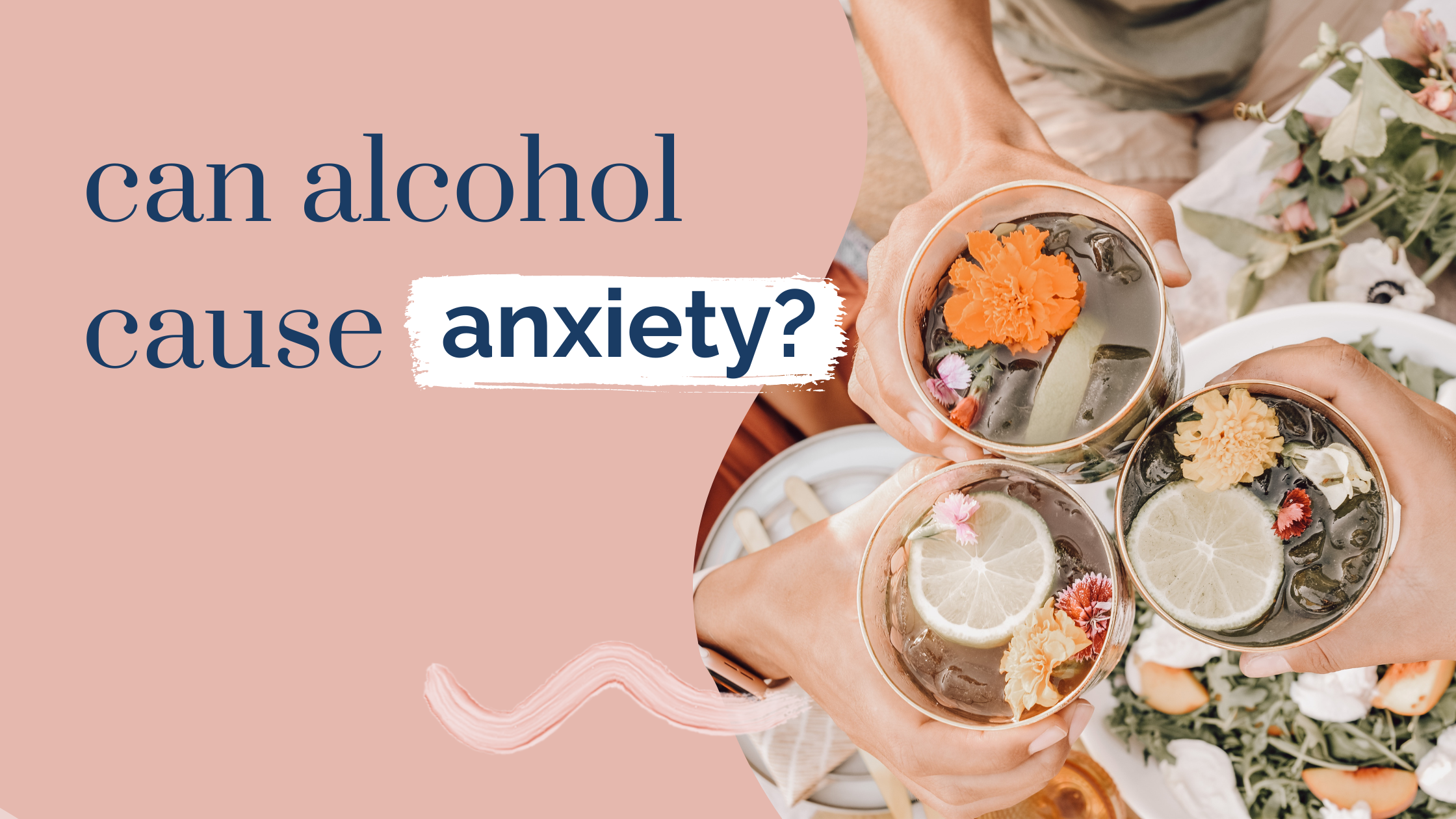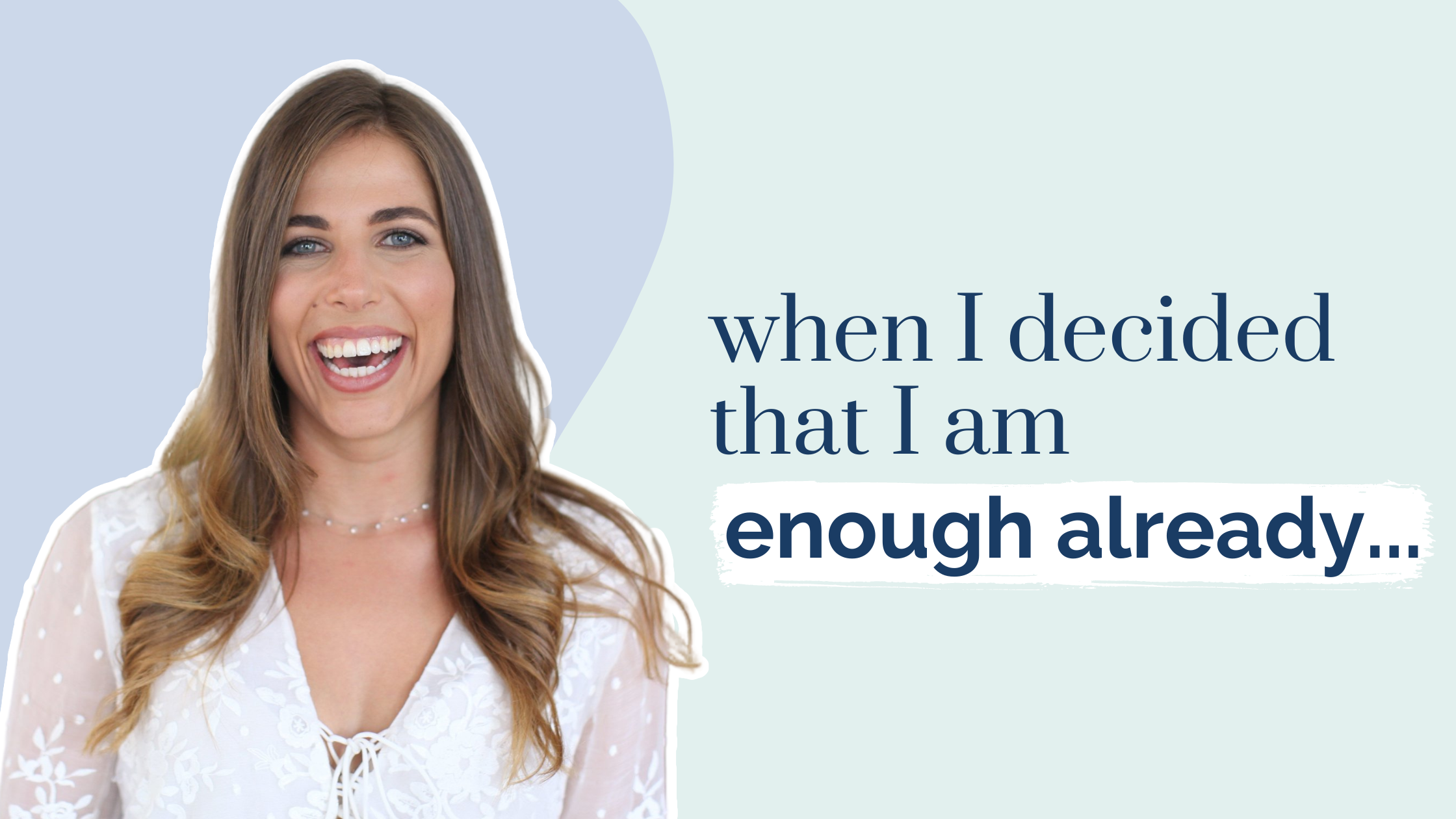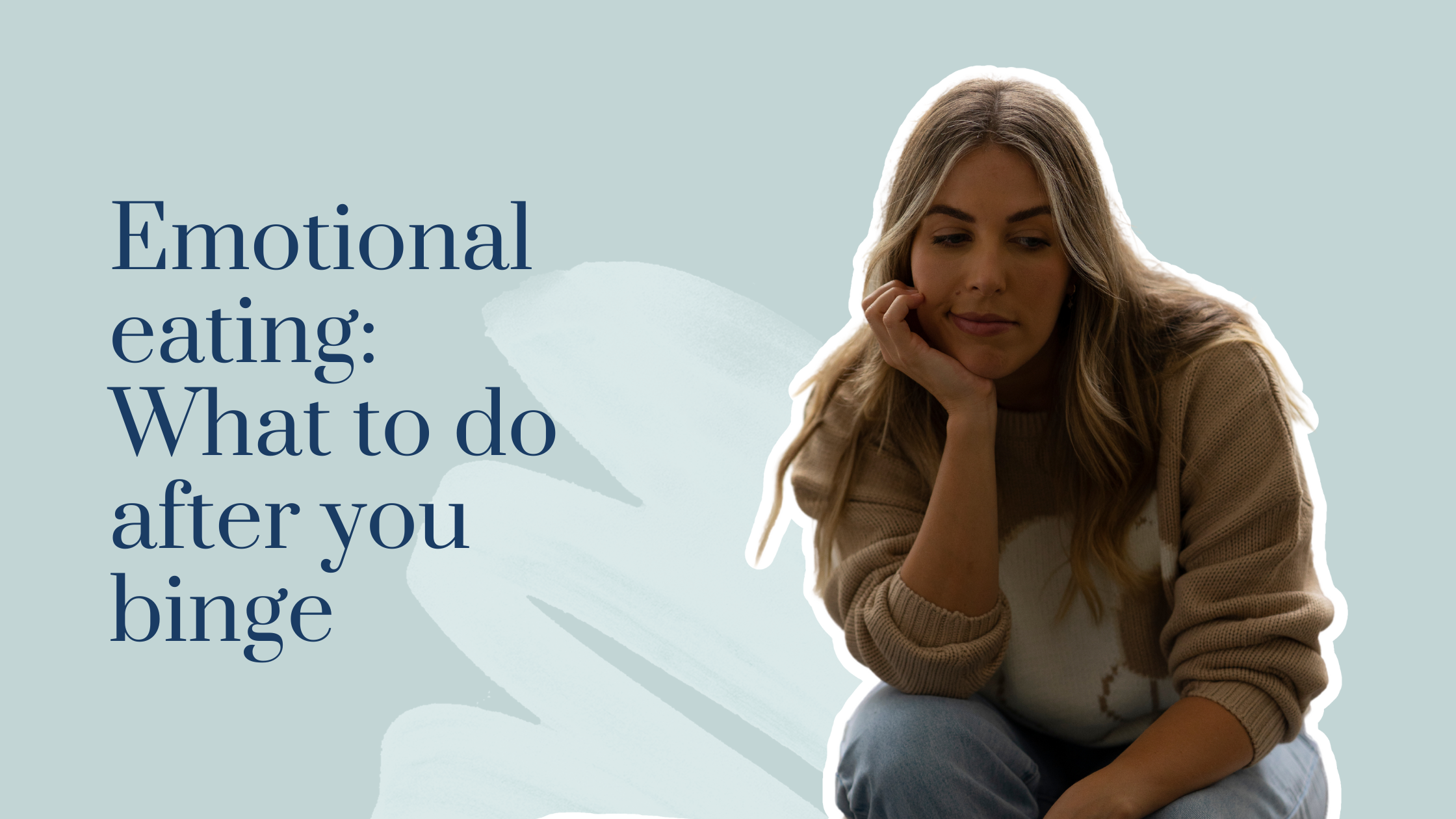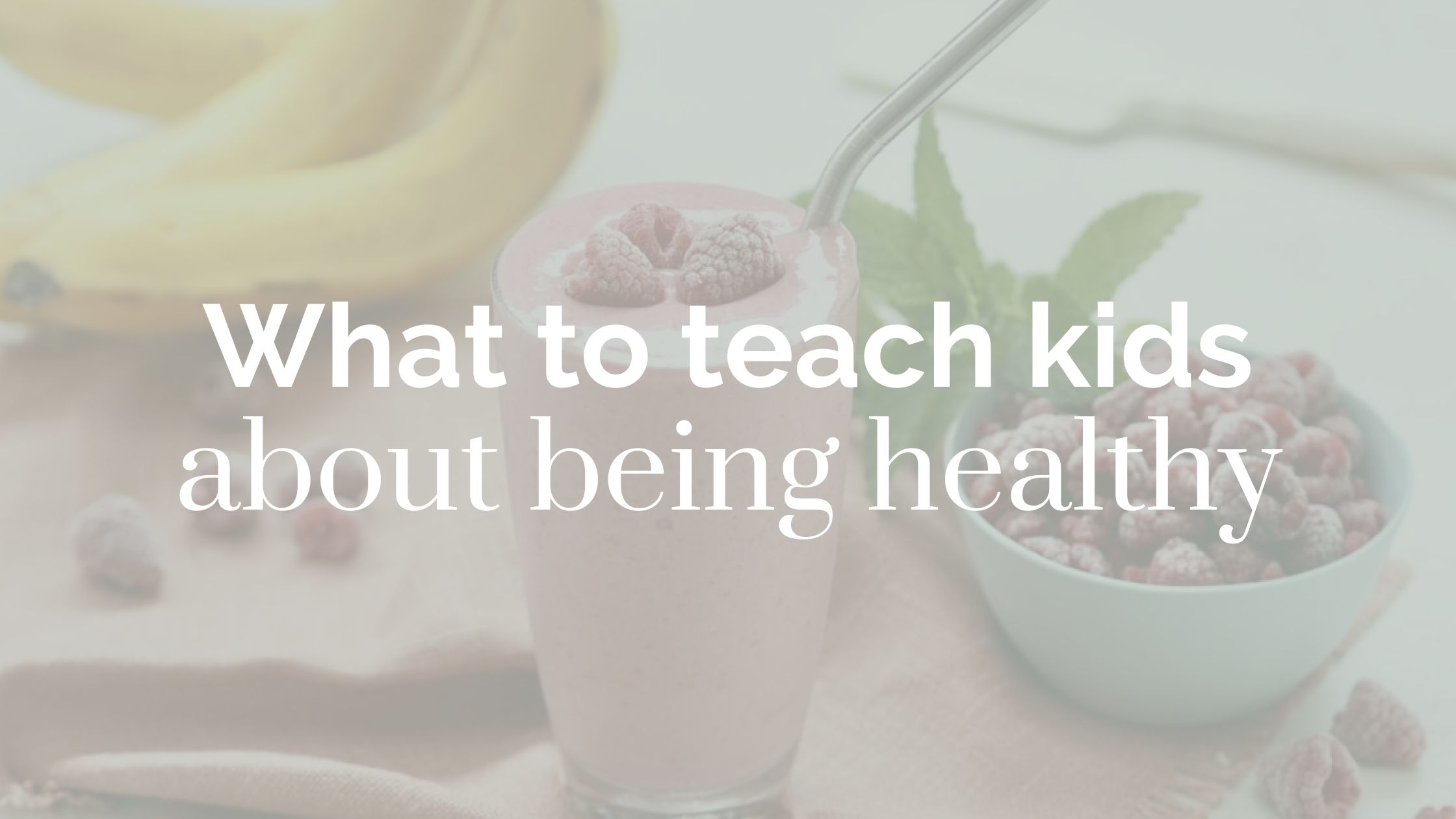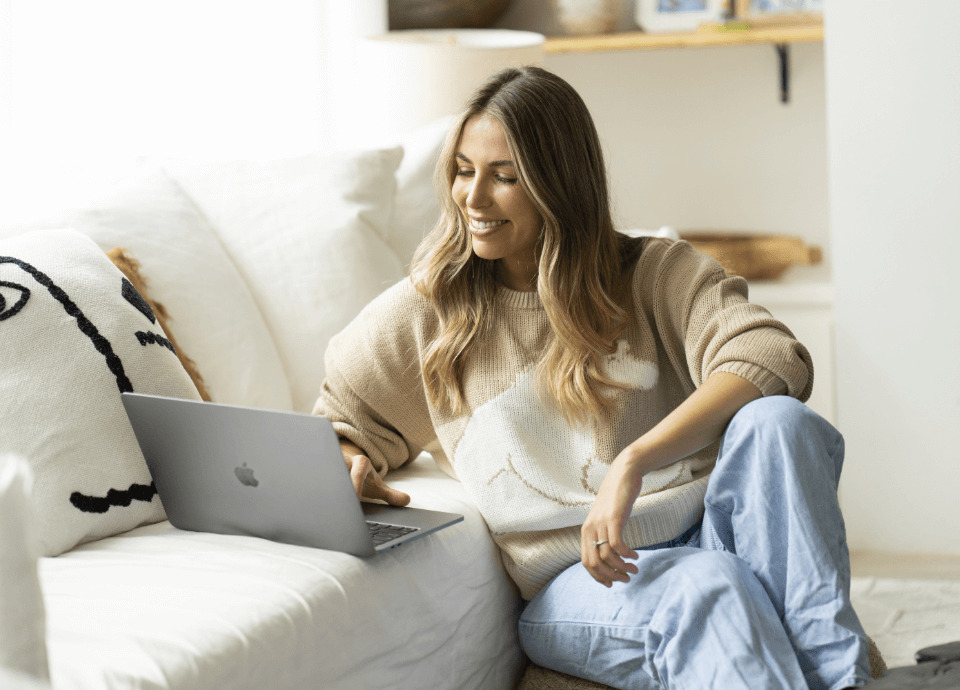Can alcohol cause anxiety?
Can alcohol cause anxiety? They’re the four words searched when my anxiety disappeared when I quit alcohol. Find out why it happened and how long for.
I knew something was different when instead of staring at the back of my eyelids, my brain racing like a treadmill on top speed, I fell asleep. No dread. No angst. No catastrophising. No over analysing. It was the first time in decades.
And it wasn’t a one off either, but a succession of nights. The only other time my anxiety had disappeared was during my previous pregnancy, and here, pregnant with my second it was happening again. Was it hormones? A coincidence?
Or a pattern – of falling pregnant and quitting drinking alcohol?
As someone with a decades long relationship with social anxiety, drinking in the past had been a temporary reprieve from my anxious brain, the demands of life and an easy bridge to friendship. But those feelings of happiness and connection made over a shared bottle of sparkling, grew to feel fleeting and artificial.

After giving birth to my daughter, instead of returning to drinking the odd glass of red, or punchy gin and tonic once the kids had gone to bed, I didn’t. I’ve stuck with it for 14 months – and I haven’t experienced anxiety since. I go into greater detail about this in this podcast episode: Is alcohol making it harder for you to be healthy?
As a dietitian though, while experiments are always intriguing, I believe in the rigor of science and research, which is why I wanted to find out more about the link between anxiety and alcohol.
Social lubricant or fire to a socially anxious flame?
A June 2019 study published in Depression & Anxiety found, social anxiety disorder (SAD) has a unique association with alcohol use disorder (AUD). Out of all the anxiety disorders, it was the one with the highest rates of alcohol use disorder.
While I never had what would be considered an unhealthy relationship with alcohol, I did use it as a social crutch. You might be, too. Without knowing you might use alcohol to calm the uncomfortable feelings you often experience. A type of self-medication.
But at what cost? For me, there was no rock bottom, or intervention, just a growing realisation that you get more from life when you’re not muddling through it in a dull hangxiety haze.
So what is hangxiety and is it real?
That next day dread and regret? You’re not imagining it, and hangxiety typically takes some nasty bodily, brain and behavioural forms like:
- Feeling anxious and depressed, embarrassed and regretful
- Overanalysing and worrying about your behaviour to the point of paranoia
- Racing heart and inability to focus
- Seeking validation and reassurance from others
- General existential dread
Sounds like medication with some seriously questionable side effects. Which had me question, what happens when you drink alcohol in the short and long term?
Short-term effects on alcohol
Imagine this. You arrive at a mate’s birthday. You know no one except the birthday person. Your heart starts to race, your breath shortens. Your eyes scan the room. You march to the bar questioning why you came, order a drink and take a slug. Moments later you start to feel relaxed, and with each sip feel yourself becoming more sociable, confident even.
Does this sound familiar? Well, there’s some clever chemicals at play.
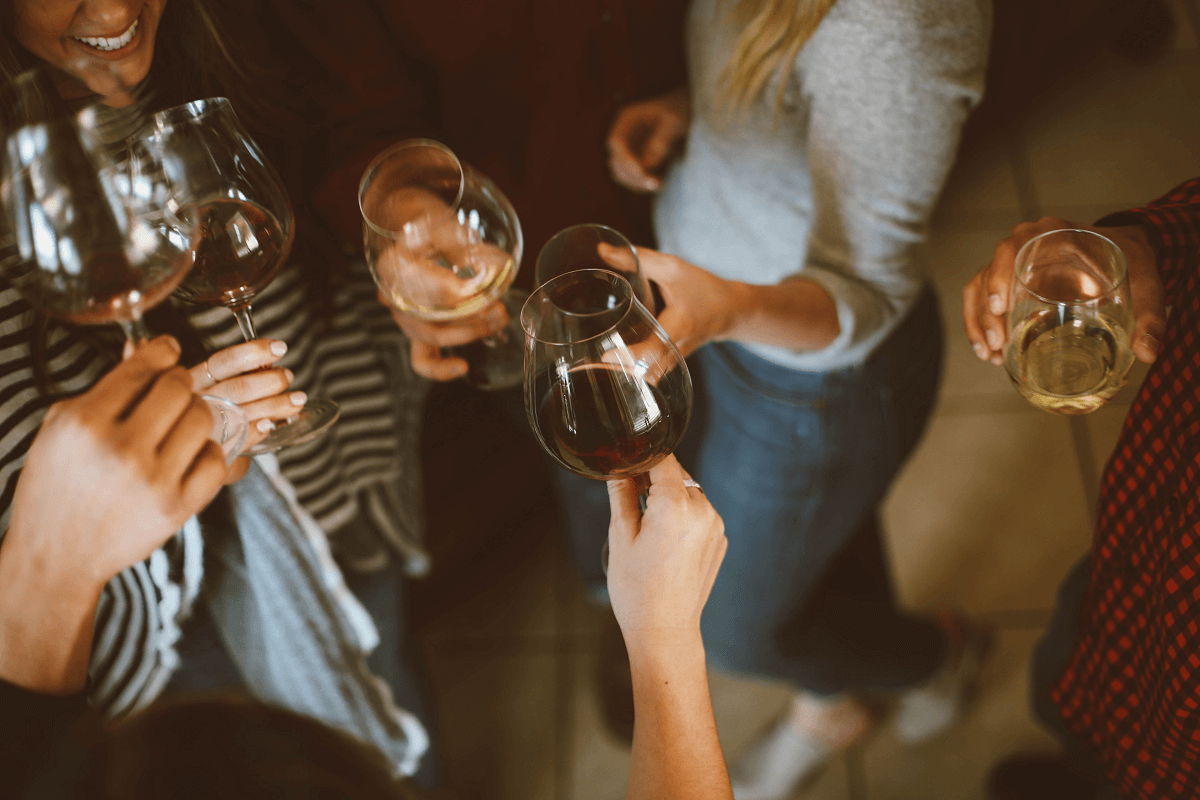
The Matilda Centre for Research in Mental Health and Substance UsePhD Student & Research Assistant Tara Gückel says in Australian culture that alcohol and heavy drinking is often a staple at social events.
“For many people drinking alcohol is a common coping strategy to manage life stressors or help with social interactions. It’s important to understand though that this can lead to an unhealthy reliance on alcohol, which over time can have long term effects on both mental and physical health. Experiencing high levels of stress, anxiety, or low self-esteem can increase the risk of developing problems relating to alcohol use, but ideally we can implement healthy ways to cope with these stressors that don’t rely on turning to alcohol.”
- Alcohol gives you an initial high followed by a gnarly low. Alcohol only takes a few minutes to reach the brain in an average, healthy person. Drinking alcohol affects your brain by increasing the levels of ‘feel good’ chemicals, such as serotonin and other neurotransmitters like dopamine, which initially feels great, but soon enough, alcohol’s depressant effect hijacks your body.
- Alcohol depresses you. After all, alcohol is classed as a depressants, which funny enough, do what they say. After that initial high, they not only lead to low mood but suppress your central nervous system and slow down the functions of your brain.
- Alcohol changes the way you think, feel and behave. As your blood alcohol level increases, so do the effects. Think slurred speech, impaired judgement, increased likelihood to emotional eat, particularly in my experience, to name a few.
- Alcohol increases your chance of risky behaviours. With impaired judgement comes a host of negative possibilities, like accidental injury (to yourself or others), deliberately harming yourself or others, risky sexual behaviour and violence reports the Australian Department of Health and Aged Care.
- Alcohol can trigger panic attacks. Alcohol impacts GABA, another brain chemical that normally has a relaxing effect, which can result in panic attacks.
- Alcohol messes with your precious sleep. Yes, you might pass out, or nod off quicker than usual, but research has shown the quality of your sleep gets disrupted when your body is busy breaking down the three margaritas you laid into. You’re also more likely to wake up in the second half of the night.
- Alcohol gives you hangovers. And sorry, the only cure is time.

Long-term effects of alcohol
Ask a new parent what it feels like to have their sleep disrupted night after night, and the answer won’t be pretty. Yet, it’s easy to fall into the trap of comfort drinking, especially when stressed or overwhelmed.
Long-term effects of alcohol above the Australian alcohol guidelines, which say healthy men and women should drink no more than 10 standard drinks a week and no more than 4 standard drinks on any one day, include:
- Alcohol steals sleep, which can lead to ill mental health. We malfunction when we regularly miss deep sleep and overall, our quality of life takes a hit.
- Repeating the anxiety and alcoholism cycle. While drinking may provide momentary relief, Gückel says alcohol and anxiety can fuel each other in a vicious cycle, that’s why it’s important to intervene early. “At the Matilda Centre for Research in Mental Health and Substance Use we developed an online program, Inroads designed for 17–30-year-olds who drink to reduce or cope with anxiety and want to develop skills to better manage anxiety and life stressors, as well as set limits around drinking.”
- Increased risk of chronic health issues. The Australian Department of Health and Aged Care reports alcohol is linked to increased risk of diabetes and weight gain, brain related conditions like stroke and dementia, heart issues like high blood pressure and heart attacks and potential liver failure.
- Increased risk of infertility. Apart from sexual performance, research shows alcohol also affects sperm count and testosterone in men.
- Increased risk of cancer. The Cancer Council Australia reports alcohol is linked to stomach, bowel, breast, mouth, throat and liver cancer.
- Alcohol costs more than a drink. Apart from your physical and mental health, alcohol can affect your job, finances, family and community. Gückel adds, “Evidence shows that over the long-term, relying on alcohol tends to make people feel worse. While people may find some temporary relief from drinking, as the amount of drinking increases alcohol can lead to greater problems. This might include withdrawing from friends and family, avoiding social contact, and not being able to meet commitments for work, which can then worsen anxiety.”
There are certainly convincing studies about the relationship between alcohol and anxiety. Whether alcohol causes anxiety or contributes to anxiety, I can only share my experience. My 14 month alcohol-free experiment? I’m anxiety-free, more confident and energetic than ever. This is the best I’ve ever felt.

Without using alcohol as that tool to numb everything, I’ve developed fantastic skills to cope better. I’m not taking the edge off my spark and I’ve realised I’m capable enough to face life without a glass of wine.
Gückel says some signs that you might be developing a reliance on alcohol include needing a glass of wine to take the edge off after stressful day, or needing a drink to socialise. “It’s important to know that effective, practical strategies and support are available if you do decide you want to cut back. A great first step is to have a chat with your GP,” she says.
Whatever your relationship with alcohol, if you want to join club soda for good but feel scared and overwhelmed by that thought, I’ve got something for you. The legendary Maz Compton and I have created an easy-to-listen-to audio guide, helping you to learn how to enjoy life without alcohol.
It’s just a booze break, not a life sentence. Click here to jump on our waitlist to discover who you are without alcohol.


